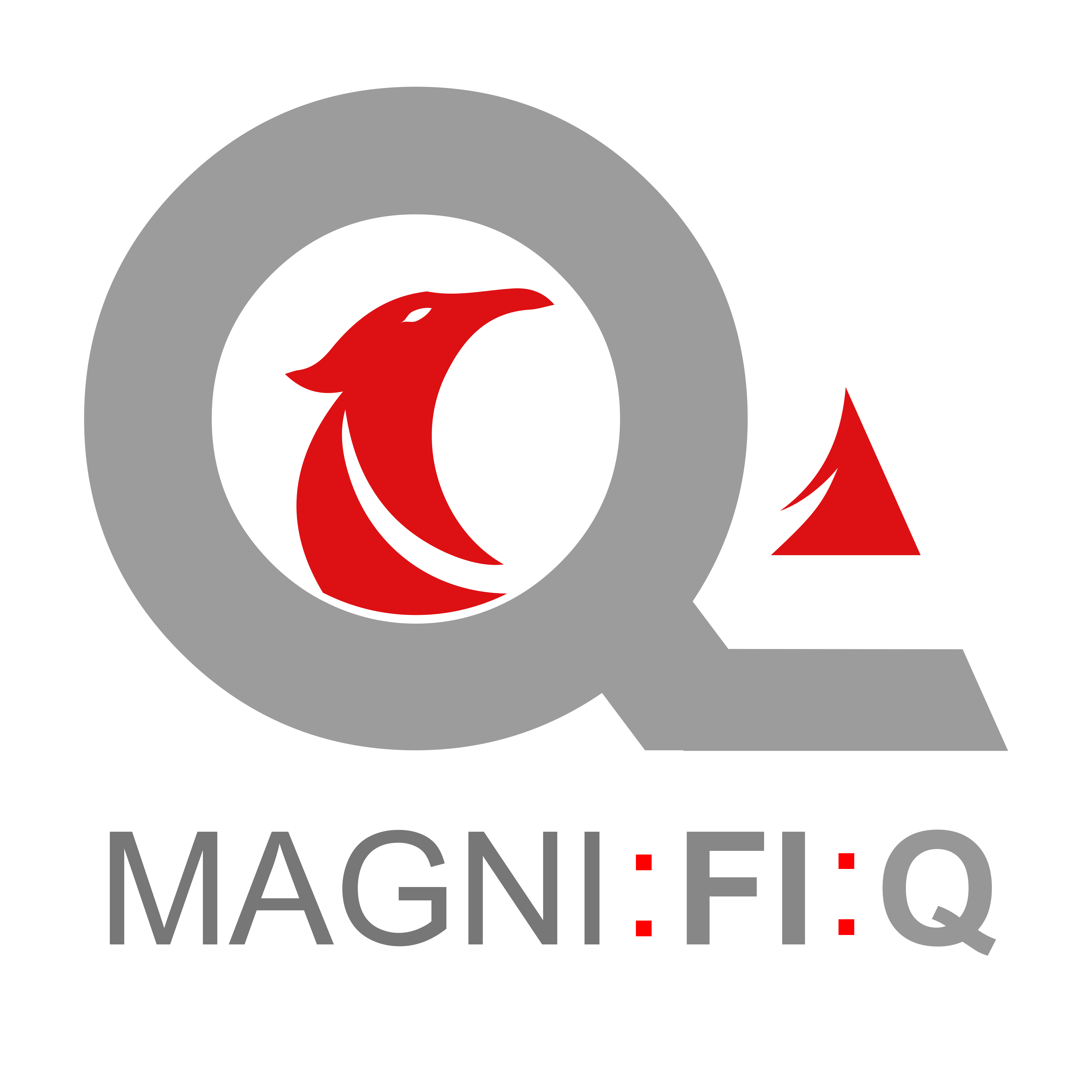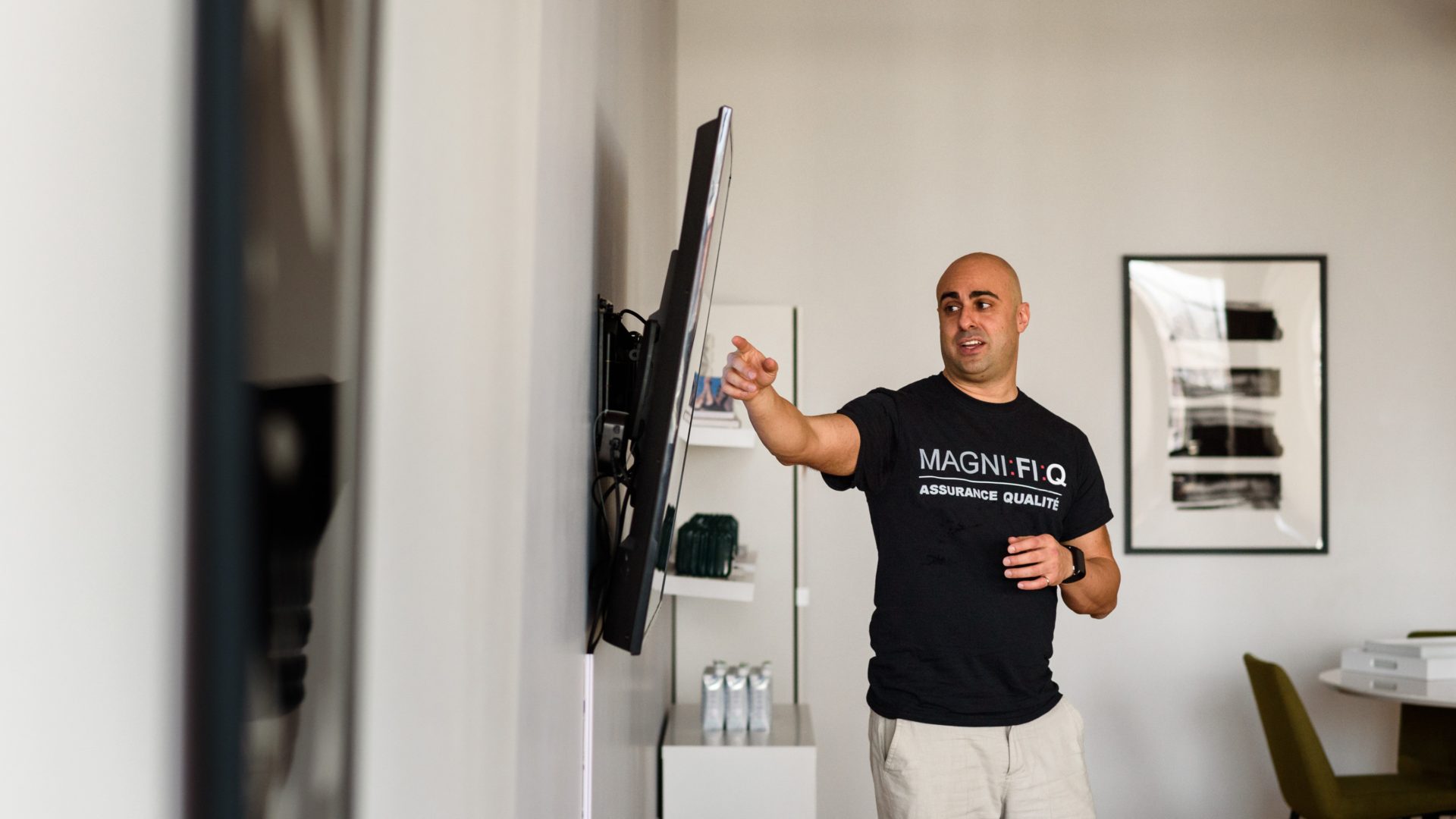GENERAL TESTING DISCIPLINES:
- Manual Functional Testing
- Automated Testing
- Integration Testing
- End-to-End Testing
- Systems Testing
SPECIALIZED TESTING DISCIPLINES:
- API Testing
- Glass-box Testing
- Mobile Testing
- Usability Testing
- Performance Testing
- Load Testing
- Security Testing
General Testing Disciplines
Manual Functional Testing
Our team will focus on a functional aspect of your software and elaborate test cases which allow them to aim their target, so as to expose certain errors that lie hidden in the code. The test cases are run manually, as opposed to programmatically (through code), which is usually through the manual typing of data and manual clicking of buttons within the interface your software uses.
Manual Functional Testing is the best approach to help you guarantee that the software you deliver to your clients will be bug-reduced from the point of view of the user interface. Still, Manual Functional Testing could also be useful in testing headless software (one that has no user interface). Using visual testing tools, our team can manually test certain functions in your software and assess the results visually using such tools even if the software is headless.
As opposed to the general trends of the industry which tends to value Automated Testing, MAGNI:FI:Q QA continues to put a lot of faith in Manual Functional Testing because it has its own advantages, the main one being non-reliance on possibly brittle and expensive to maintain automated code. In all cases, the choice between Manual Functional Testing and Automated Testing it is one based on the specific needs of your product.

Automated Testing
Our team will build computer-aided test cases which can crawl your software, be it a cloud software or local installation, and ask the code to assess the results. The time spent in this activity is the development of the test code, and the comprehension of the results returned by the system.
Automated Testing has great advantages over manual testing:
- The first is that it allows the tests to be repeated very easily with minimal testing time. This is the greatest advantage over Manual Testing.
- The second is that, once the test cases are coded, the agent performing the tests does not need to re-contextualize, since it is a computer.
However it also has some disadvantages:
- As the software being tested changes, the code that crawls can lose references to changed fields, and could cause tests to fail due to broken exploration rather than due to an actual bug.
- The time to build and maintain the code is an investment.
Ultimately the choice to use Automated Testing will be made depending on how much the pros and cons influence your own project specifically.
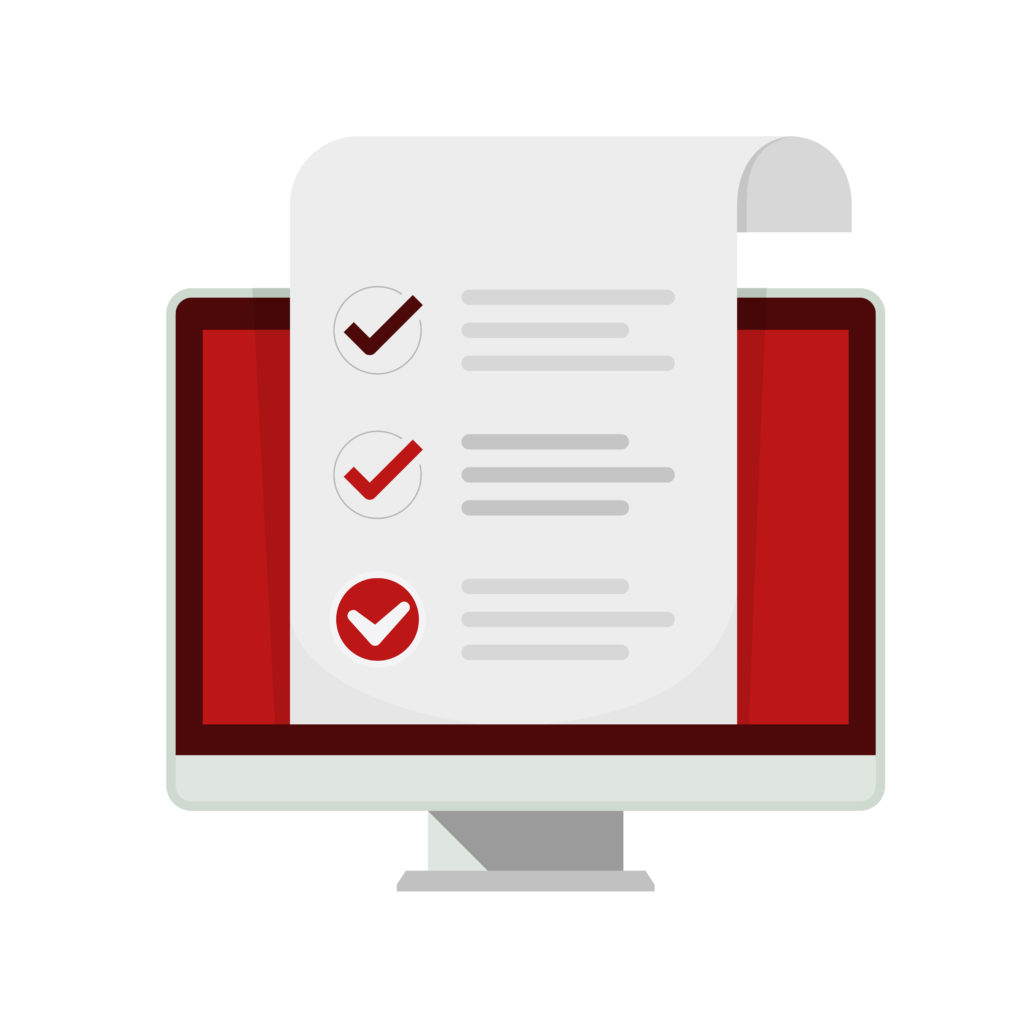
Integration Testing
You would typically be interested in our Integration Testing if your software is modular, or if you have trouble particularly with the interfacing of two or more aspects of your software which need to work well together.
We therefore perform Integration Testing in a way that tries to expose issues between the systems which communicate with each other. We target interface points, and focus on the areas where the two or more parts of software meet, and report our findings.
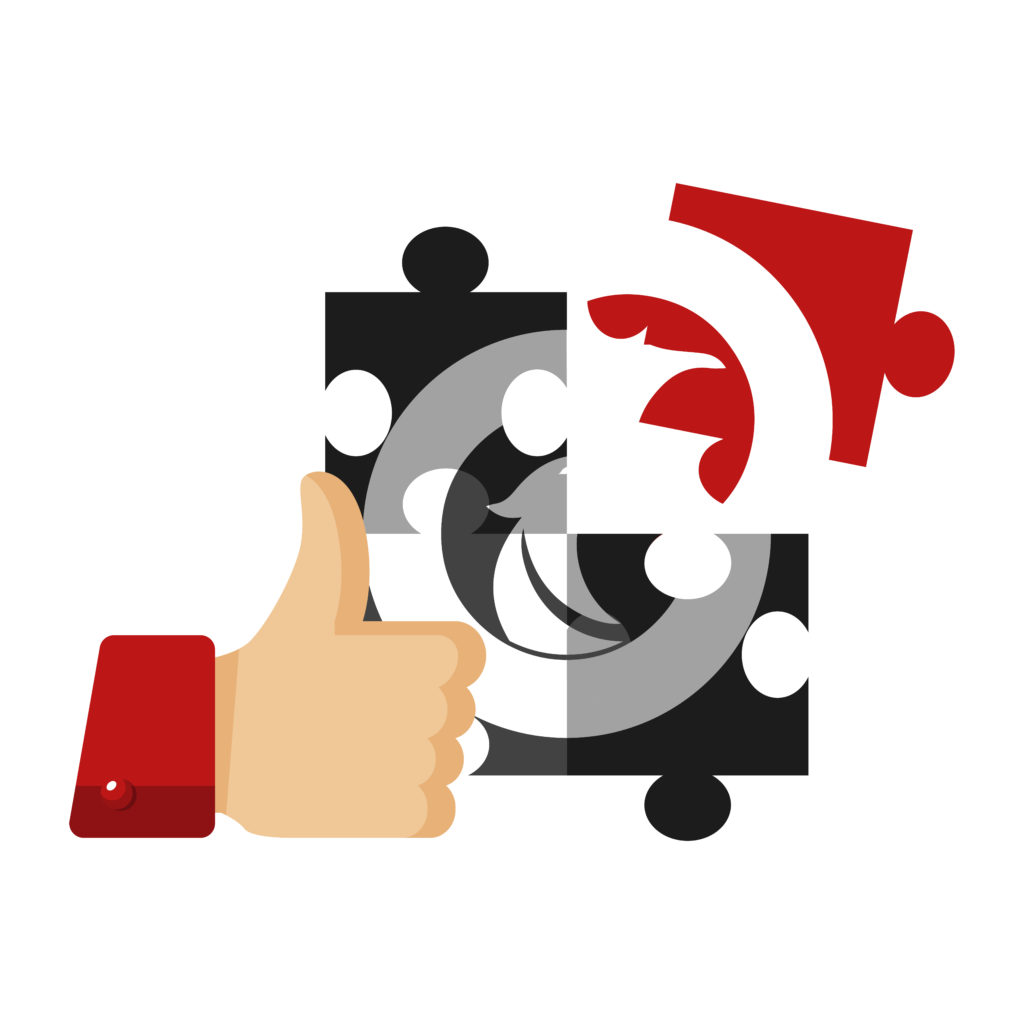
End-to-End Testing
While most forms of testing involve the targeting of a specific module of your software (such as a page or a library), or the integration of two or more components of a system at certain points, End-to-End Testing is the practice of testing a software system from start to finish, from the very first possible sources of data or event entry, to the very last ones.
Our team is strong in big-picture modeling and synthesis. When mandated with an End-to-End Testing task, we enter "big-picture" mode and test the system in a whole new way, creatively, as if we would be presenting the deliverable to your own clients. We always perform this type of testing with deployment and demo in mind, which helps drive our test activities.
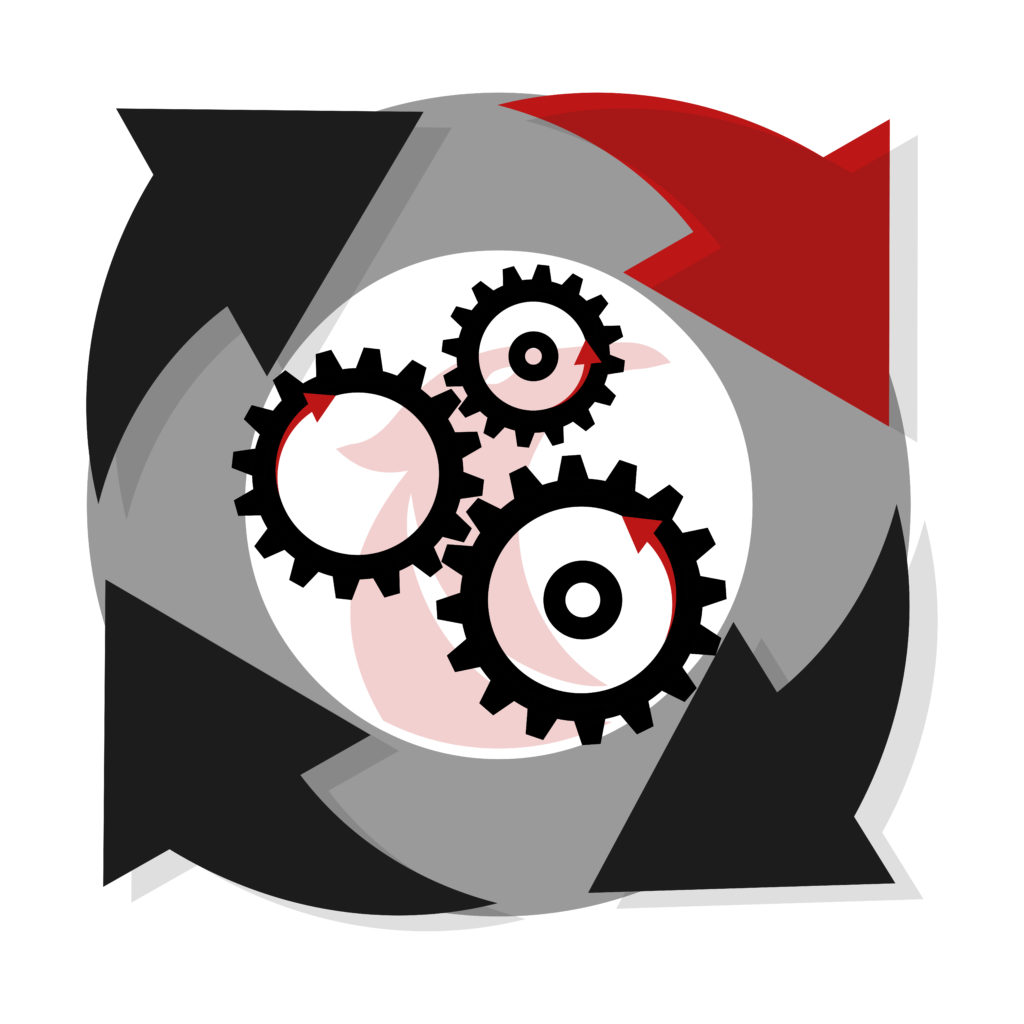
Systems Testing
MAGNI:FI:Q QA is the QA brand of Magnificent Systems, Inc. Due to its roots, the team at MAGNI:FI:Q QA also offers testing of systems which deviate from the typical point-and-click software. We have experience to test RFID systems, shop conveyor systems, shop dashboards, PLC systems, and other systems that rely heavily on hardware. As our team grows, we hope to test robotics and AI systems as our way of following the future curve.
We also test software systems which are modeled on computer systems rather than typical software models. Examples of these are system-critical devices such as those used in planes, ambulances, and in the police and health sectors.
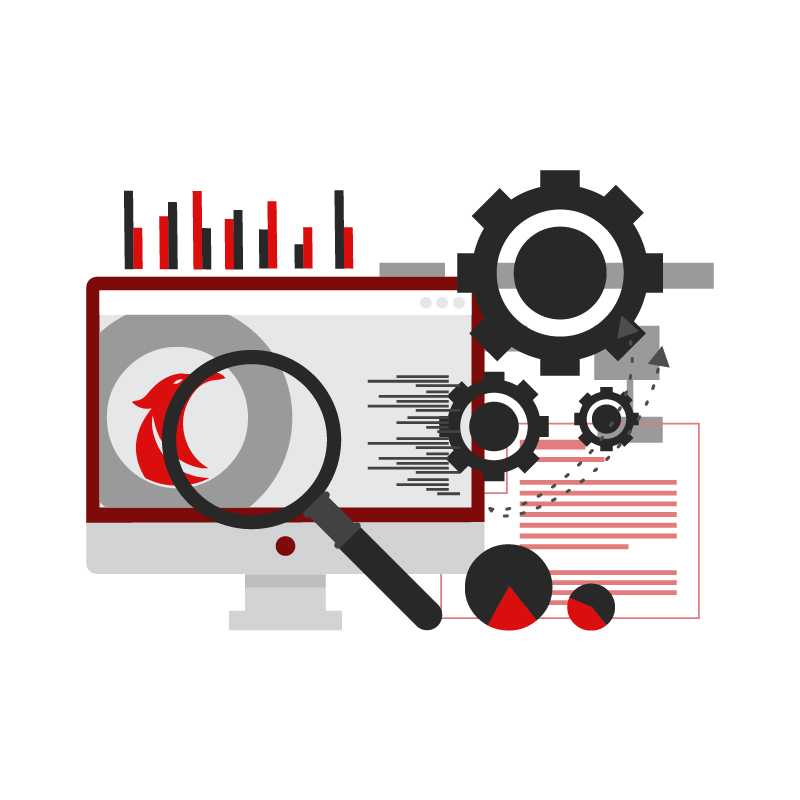
Specialized Testing Disciplines
API Testing
Our team has experience with API testing, as shown on our Projects page.
Using tools which test API points, our team can make sure your API is faithful to your specification.
Essentially, API Testing is a specific form of Contract Testing. API's are becoming more and more common in software development due to the inter-communication of various software especially thanks to cloud computing. Through API Testing, our team is ready to help you with your cloud computing needs.
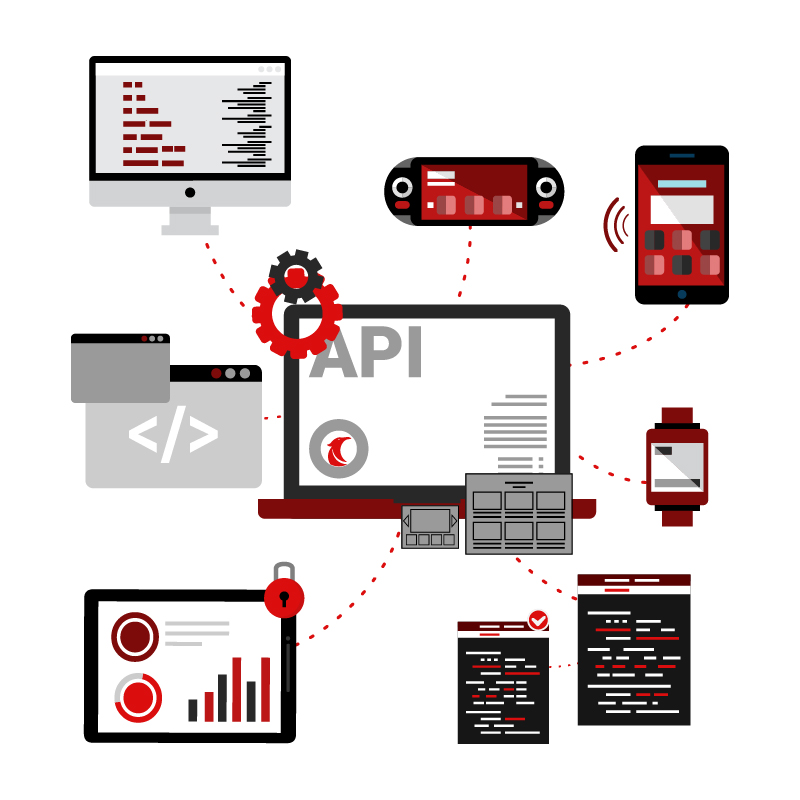
Glass-box Testing
The MAGNI:FI:Q QA team has developers in house to service Glass-Box Testing needs, which allow tests to go beyond user interfaces or visual test tools. Since Glass-box Testing is based on visibility to the system's code, our QA team obtains more accuracy on bug tracking. This is because the team is able to go beyond the blindness of black-box testing (which is typically used for reasons of intellectual property protection).
As your team develops trust in MAGNI:FI:Q QA, you will find that allowing our team to perform glass-box testing will save you time and money in your QA expenses, since the quest for bugs will be supported by visibility to the code behind the software.
In order to make sure that the tests do not become code-centric, our glass-box testers are different people than our black-box testers. We do this to ensure that the testing activities do not hinder each other, since testing requires creativity. To use a boating analogy, Glass-box Testing is used as a compass, rather than as a rudder: it guides testing rather than drives it.
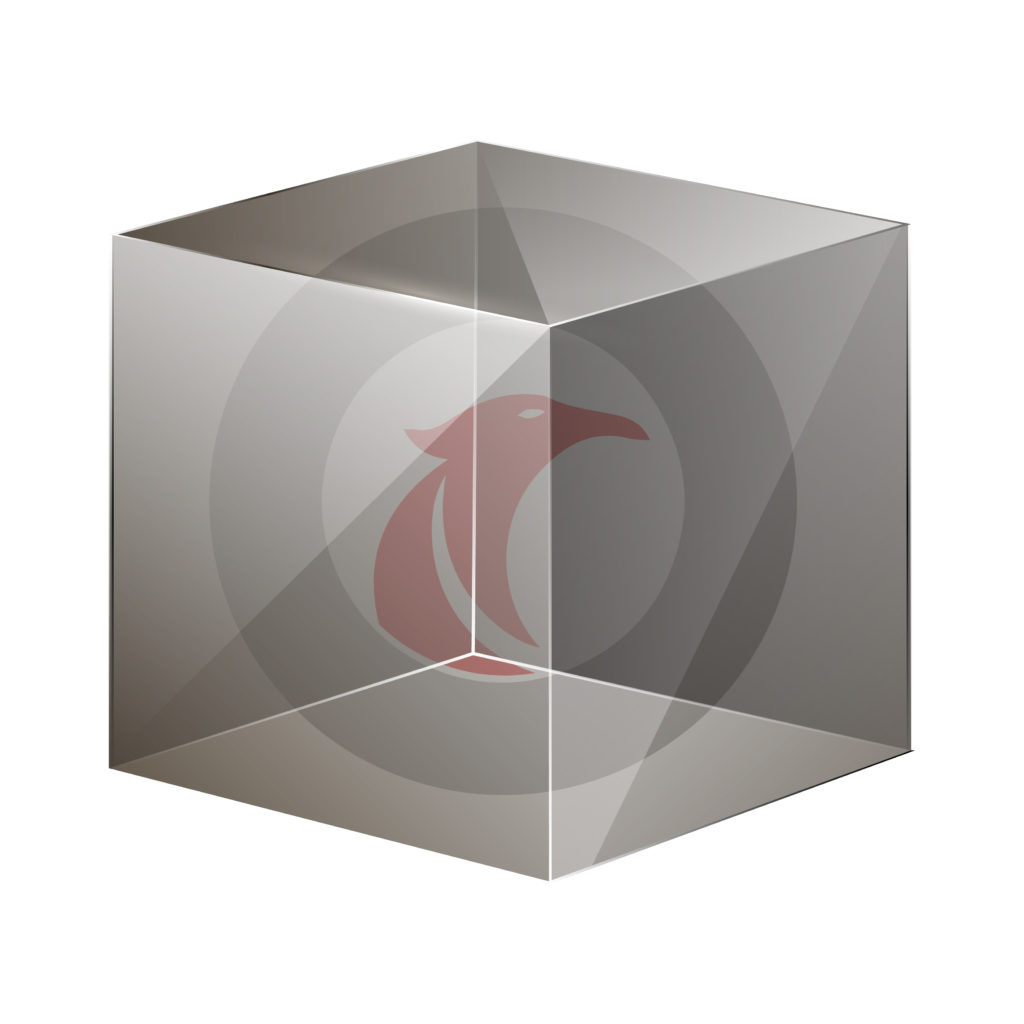
Mobile Testing
Our offices host a variety of devices for mobile testing. With the growing use of mobile systems globally, we take the quality of mobile software seriously. The approach we use for software testing is the same across the board, and our mobile testing approach is given the same rigor as that of traditional software.
We understand that mobile apps are often the presentation that represents a business in the digital world, and understand the care required to ensure that it makes you look great as a business.
Creatively, we use both manual testing techniques and mobile testing tools to allow us to achieve our test targets.
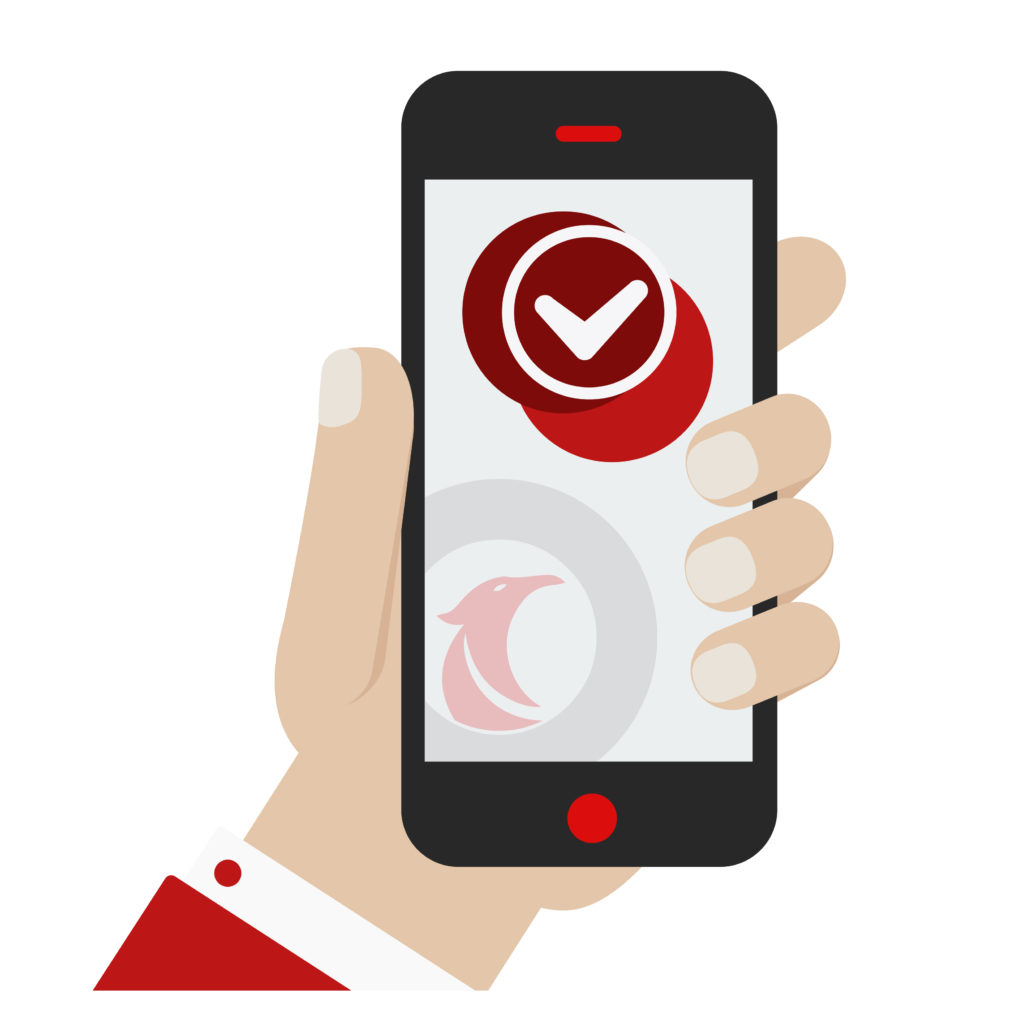
Usability Testing
The MAGNI:FI:Q team can help you make sure your system passes usability standards and targets specific to your objectives. We can perform usability analyses of your software at the highest and lowest levels of your design. We can also perform usability studies and produce statistics to help you gain an understanding of the value of your design.
Our team is creative to help foresee adjustments before investments are made, with the technical ability to produce prototypes which can simulate your software before it is fully developed.
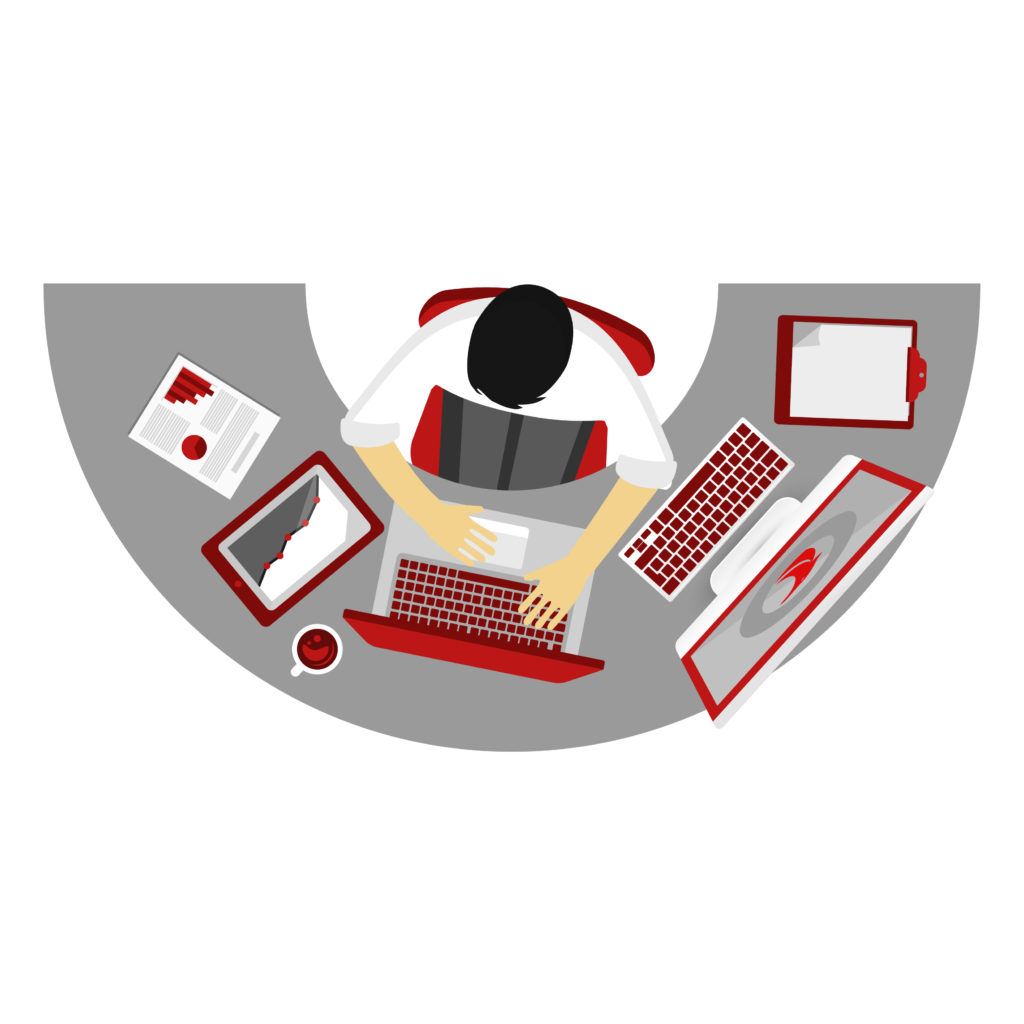
Performance and Load Testing
Our team has the technical expertise to execute specialized tests which target software performance and load bearing.
With the ability to configure various installations, we can perform server-side and client-side tests and provide reports using the best tools, each tool to target a different concern. Performance and Load bearing are features that are crucial for most deployments, and the way we test these is creative and takes into consideration the various aspects of your software and endpoints that can be tested for them.
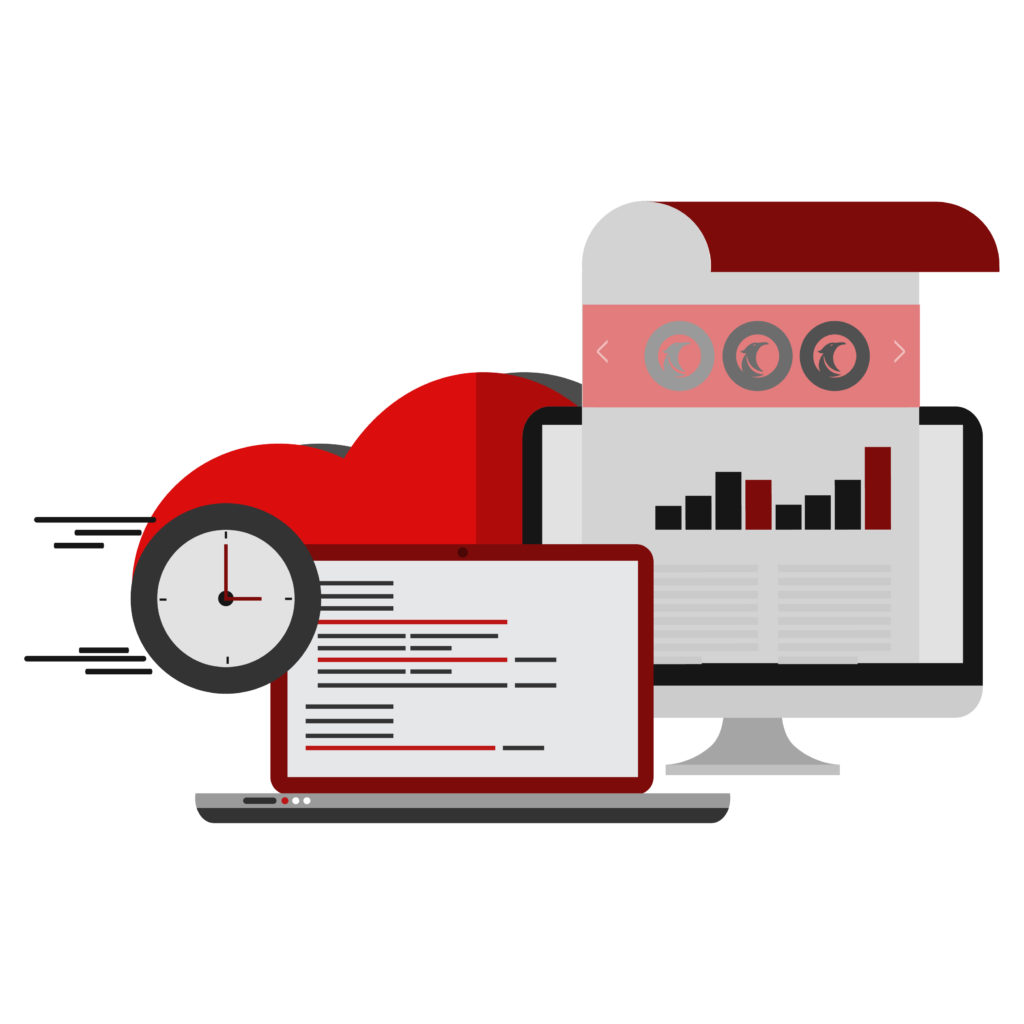
Security Testing
With ever growing threats in cyber-security, it is a growing concern for most business to perform security testing.
Our team will employ various approaches to test the security of your deployments:
- Through penetration testing, our team will poke holes into your software to identify vulnerabilities which should be patched to avoid breaches.
- Through industry best practice rule verification, we can also compare your software against a list of security do's and don'ts.
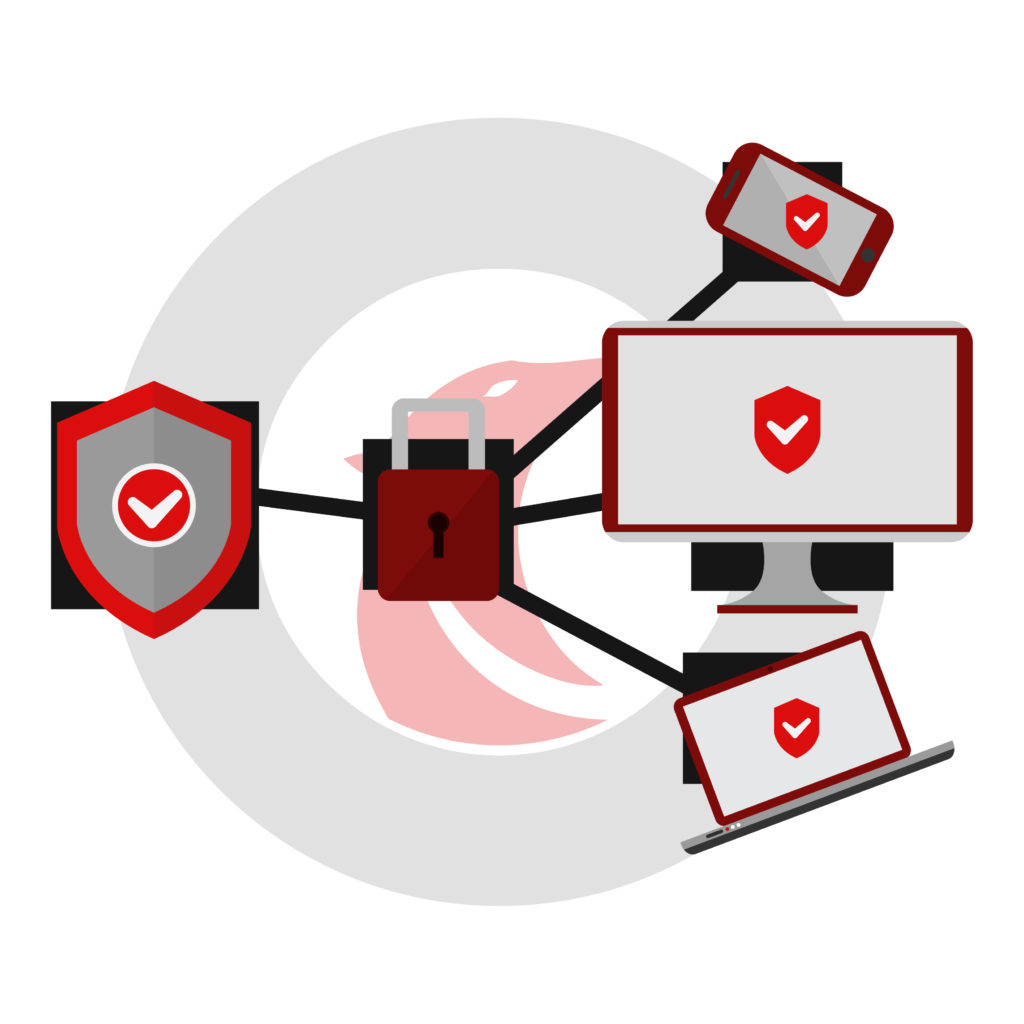
Your One-Stop Shop for Testing
With the full list of software testing disciplines available, MAGNI:FI:Q is your one-stop shop for all QA testing needs.
And since our team can perform these disciplines in parallel, you can rest assured that all the testing will be done in harmony, so that all activities complement each other.
